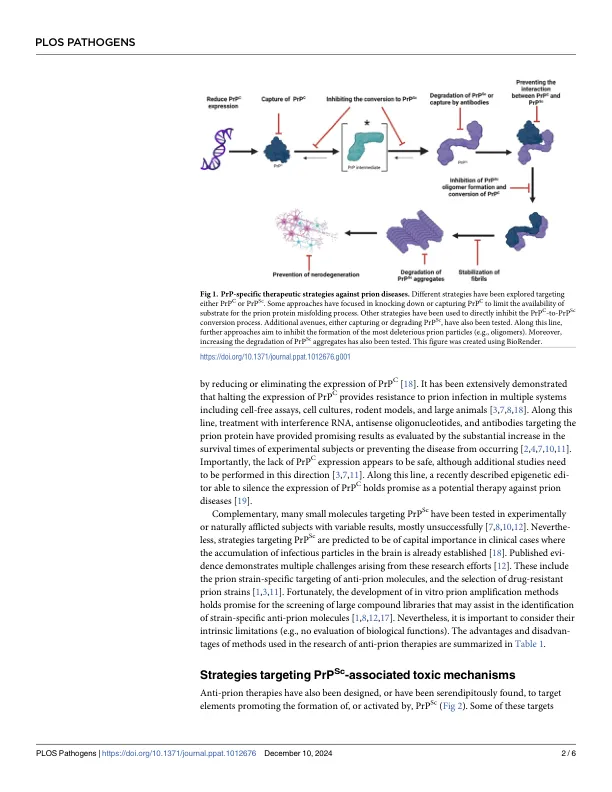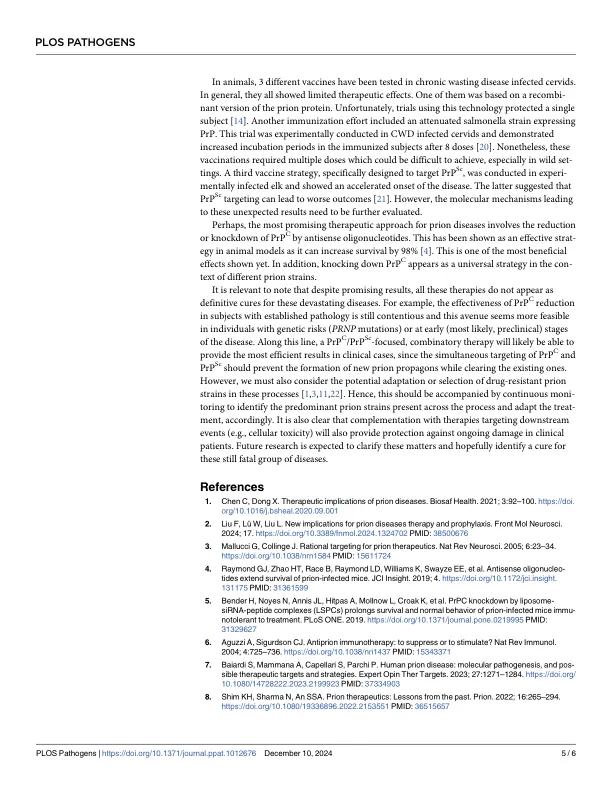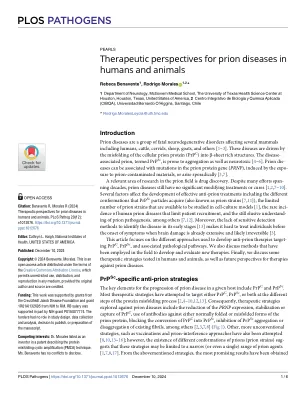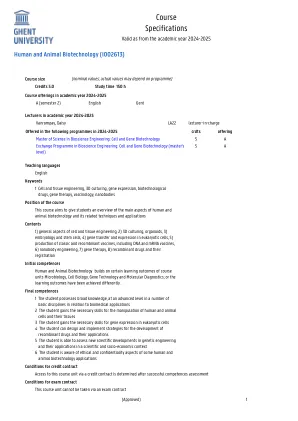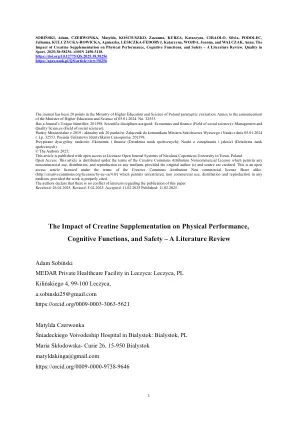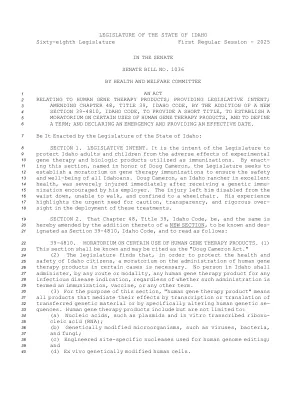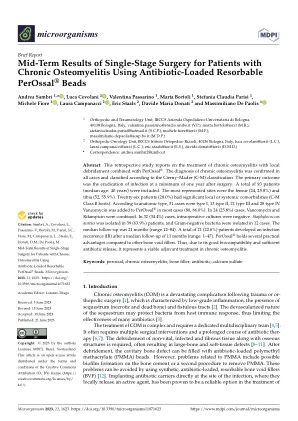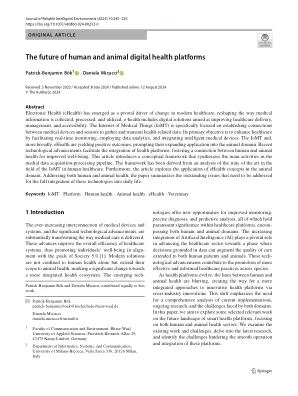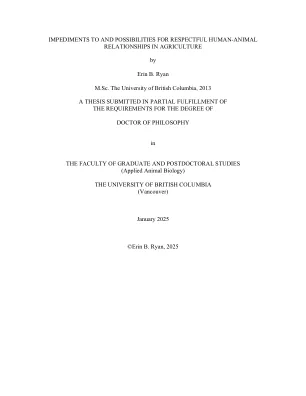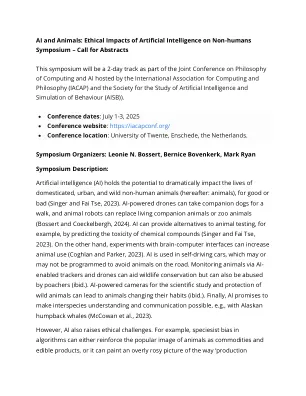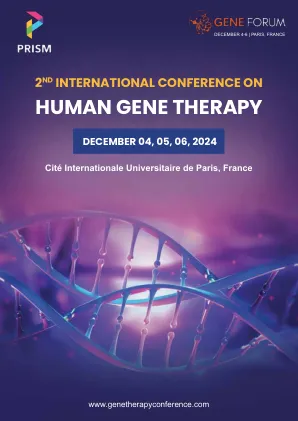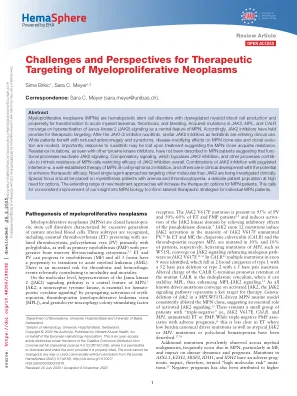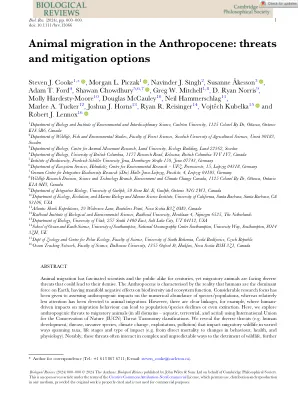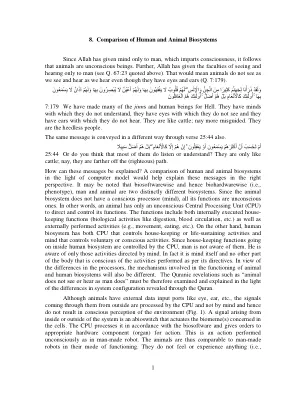prion病是一群致命的神经退行性疾病,这些疾病影响了几种哺乳动物,包括人类,牛,子宫颈,绵羊,山羊等[1-3]。这些疾病是由细胞prion蛋白(PRP C)错误折叠到β-片 - 片结构中的驱动的。疾病相关的prion称为PRP SC,易于聚集和神经毒性[4-6]。prion疾病可以与prion蛋白基因(PRNP)中的突变有关,该突变是由expo to po to to to to to to to po to to to to to to to to to to to to to to to to to to to to to po to to po to to prodion to to to to to to to po to to to po to to to prodion污染材料,也可以偶发地出现[3,7]。prion领域的研究领域是药物发现。尽管跨越了几十年的努力,但prion疾病仍然没有明显的修改治疗或治疗方法[1、2、7-10]。Several factors affect the development of effective anti-prion treatments including the different conformations that PrP Sc particles acquire (also known as prion strains [ 7 , 11 ]), the limited number of prion strains that are available to be studied in cell-culture models [ 1 ], the rare inci- dence of human prion diseases that limit patient recruitment, and the still elusive understand- ing of prion pathogenesis, among others [ 7 , 12 ].此外,缺乏在早期阶段鉴定该疾病的敏感检测方法[13]使得在脑损伤已经广泛且可能不可逆的情况下,在症状发作之前就很难治疗个体[3]。本文重点介绍用于开发针对PRP C,PRP SC和相关病理途径的抗原疗法的不同方法。我们还讨论了该领域已采用的方法来开发和评估新疗法。最后,我们讨论了在人类和动物中测试的一些治疗策略,以及针对抗王室疾病的疗法的未来观点。
人类和动物中的prion病的治疗观点
主要关键词

